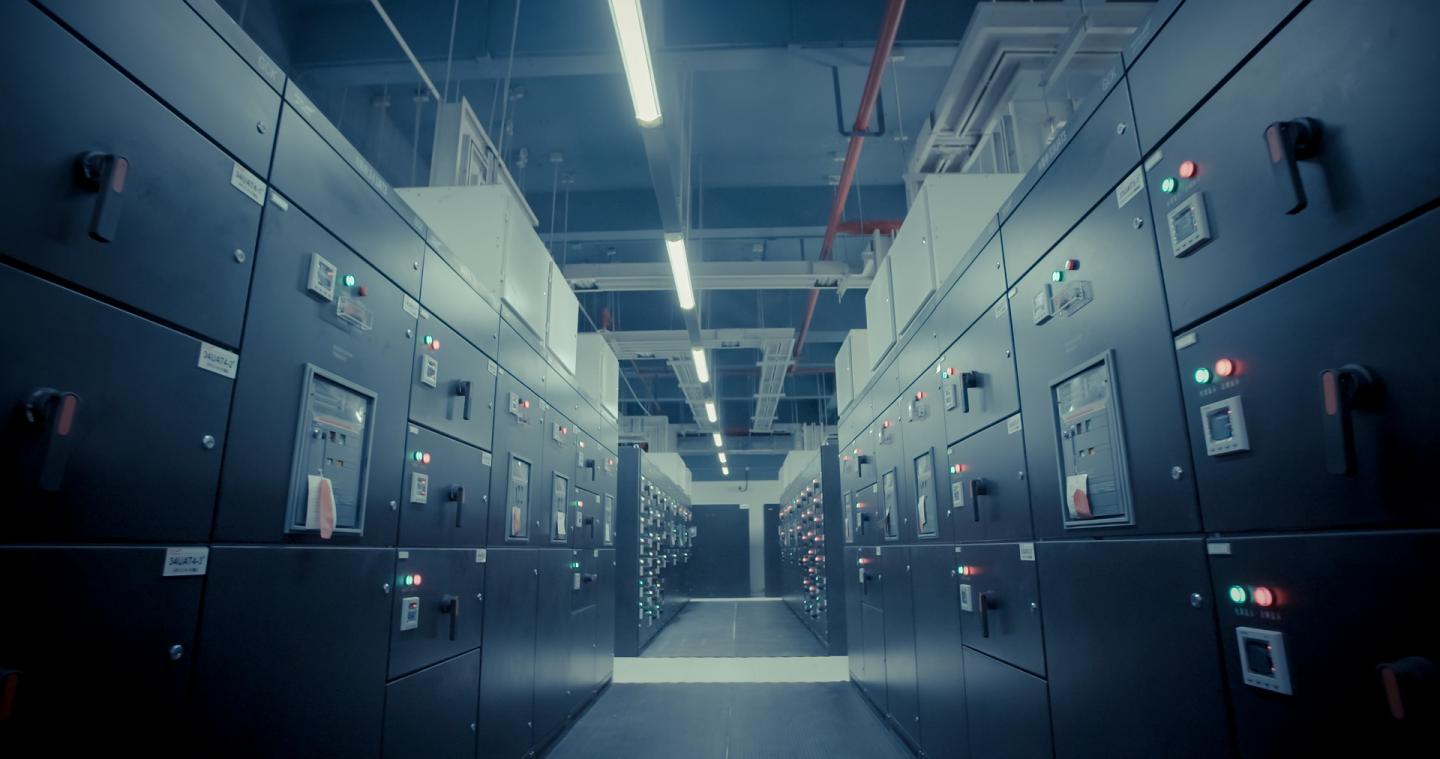Stepping ‘beyond binary’ to store data in more than just 0s and 1s

Credit: Pixabay: Akela999
Electronic data is being produced at a breath-taking rate.
The total amount of data stored in data centres around the globe is of the order of ten zettabytes (a zettabyte is a trillion gigabytes), and we estimate that amount doubles every couple of years.
With 8% of global electricity already being consumed in information and communication technology (ICT), low-energy data-storage is a key priority.
To date there is no clear winner in the race for next-generation memory that is non-volatile, has great endurance, highly energy efficient, low cost, high density, and allows fast access operation.
The joint international team comprehensively reviews ‘multi-state memory’ data storage, which steps ‘beyond binary’ to store more data than just 0s and 1s.
MULTI-STATE MEMORY: MORE THAN JUST ZEROES AND ONES
Multi-state memory is an extremely promising technology for future data storage, with the ability to store data in more than a single bit (ie, 0 or 1) allowing much higher storage density (amount of data stored per unit area.
This circumvents the plateauing of benefits historically offered by ‘Moore’s Law’, where component size halved abut every two years. In recent years, the long-predicted plateauing of Moore’s Law has been observed, with charge leakage and spiralling research and fabrication costs putting the nail in the Moore’s Law coffin.
Non-volatile, multi-state memory (NMSM) offers energy efficiency, high, nonvolatility, fast access, and low cost.
Storage density is dramatically enhanced without scaling down the dimensions of the memory cell, making memory devices more efficient and less expensive.
NEUROMORPHIC COMPUTER MIMICKING THE HUMAN BRAIN
Multi-state memory also enables the proposed future technology neuromorphic computing, which would mirror the structure of the human brain. This radically-different, brain-inspired computing regime could potentially provide the economic impetus for adoption of a novel technology such as NMSM.
NMSMs allow analog calculation, which could be vital to intelligent, neuromorphic networks, as well as potentially helping us finally unravel the working mechanism of the human brain itself.
THE STUDY
The paper reviews device architectures, working mechanisms, material innovation, challenges, and recent progress for leading NMSM candidates, including:
- Flash memory
- magnetic random-access memory (MRAM)
- resistive random-access memory (RRAM)
- ferroelectric random-access memory (FeRAM)
- phase-change memory (PCM)
###
“Nonvolatile Multistates Memories for High-Density Data Storage” was published in ACS Applied Materials and Interfaces in September 2020. (DOI 10.1021/acsami.0c10184).
The joint international team was led by Prof Xiaolin Wang (University of Wollongong), Prof Shishen Yan (Shandong University), Prof Tom Wu (UNSW) and A/Prof Lan Wang (RMIT).
Media Contact
Errol Hunt
[email protected]
Original Source
http://www.
Related Journal Article
http://dx.





